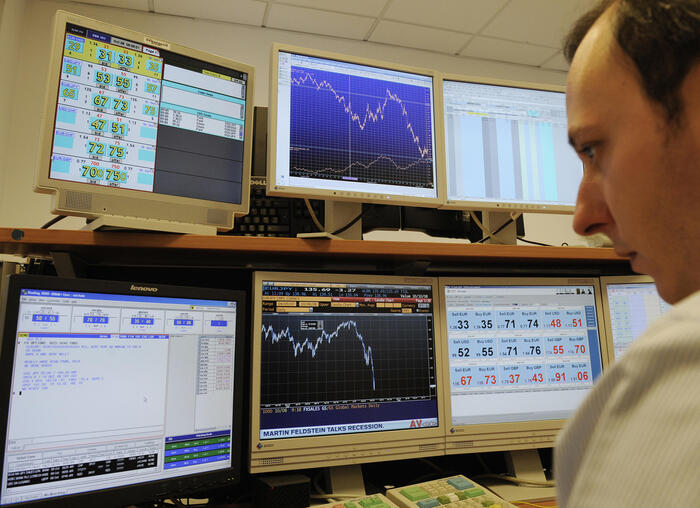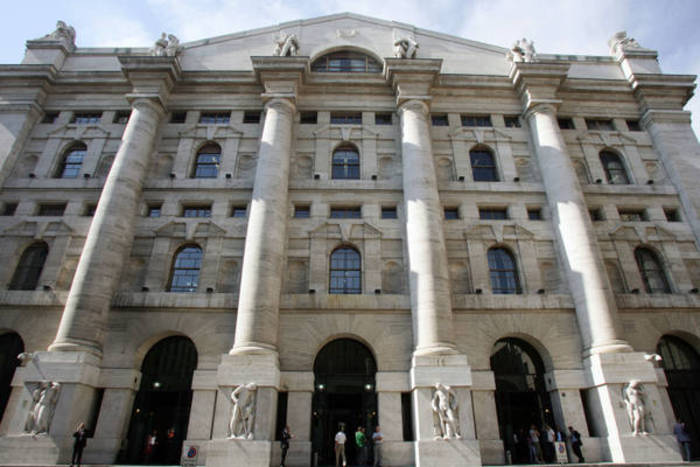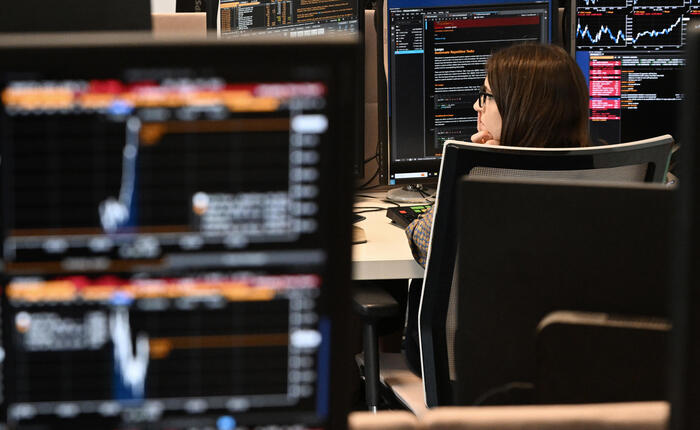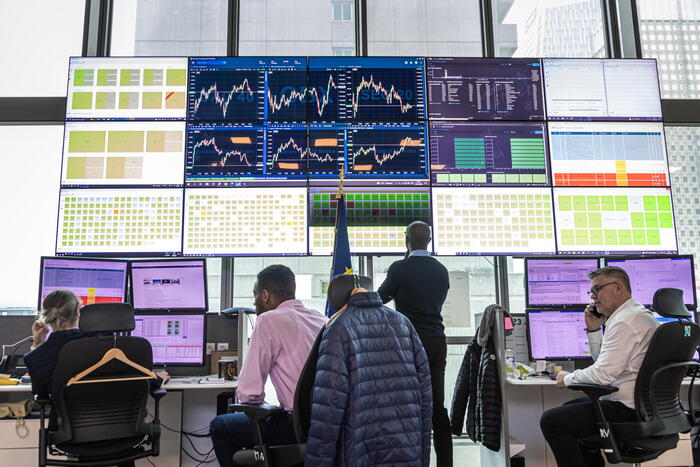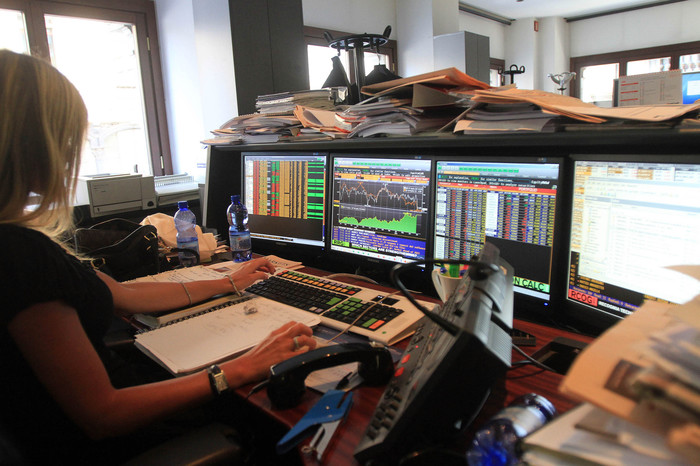Price lists in red throughout Europe.
At the start of the session, London lost 0.9%, Paris 1.6%, Frankfurt 1.43%, Milan 2%.
Levels are low since early March with investors fearing rising inflation and consequently more aggressive monetary tightening, which increases the risks of a recession.
Stock Exchange: heavy Milan (-2%) with banks
The Milan stock exchange suffers, black jersey in Europe, and the reference index Ftse Mib (-2.3%) is bending under the orders for sale that hit banks in particular.
Nexi sells 7.5%, Intesa Sanpaolo 4.2%, Fineco 3.99%, Banco Bpm 3.6%.
The best-selling share is Saipem, which leaves 8.26% at 41.3 euros.
On the other hand, Recordati (+ 1.3%) and Campari (+ 1.15%) and Enel are among those that weigh the most on the basket (+ 0.49%).
The spread between BTP and Bund widens beyond 230 points
(231.5) with yields pushed higher and higher, the Italian one at 3.85% on the highest since 2014. (ANSA).
Stock markets collapse in Asia
, frightened by higher-than-expected US inflation and with renewed Covid-19 restrictions in China weighing on investors' risk appetite.
The MSCI Asia Pacific Index dropped to -2.4%, Hong Kong (-3.39% ongoing), Japan (-3%) and South Korea (-3.4%) were among the major bears.
Stocks in Southeast Asia were relatively resilient, with benchmarks in Singapore and the Philippines down less than 1%.
Shanghai (-1.2%) and Shenzhen (-0.8%) also contained losses.
All eyes are on the Fed's next moves.
The Hong Kong Stock Exchange closed the session with heavy losses
on fears of US inflation which rose in May to 8.6%, the highest of the last 40 years, and due to the consequent stronger tightening on rates expected by the Federal Reserve , as of this week's monetary board: the Hang Seng index drops 3.39% and ends at 21,067.58 points.
The Chinese lists were also negative: the Shanghai Composite index lost 0.89%, to 3,255.55 points, while the Shenzhen one dropped 0.21%, to 2,085.10.
The yen continues its weakening phase against the dollar, updating the record to a 23-year low, at 135.20, on expectations of a further widening of the interest rate differential between the United States and Japan.
Both the decisions of the US Federal Reserve and the Bank of Japan (Boj) are expected this week, but in opposite directions: with the expectation of an increase in the cost of money in America to contain inflation and the confirmation of the ultra monetary policy. expansive on the part of Governor Haruhiko Kuroda.
The decline in the yen, to its lowest since October 1998 at the exchange rate against the dollar, produced the first reactions of the financial authorities in Japan.
In a parliamentary hearing, the Governor of the Bank of Japan, Kuroda,
The institute's number one also said the Boj will continue to monitor developments on money markets and their impact on the economy and prices, coordinating with the Tokyo government.
Although in principle a weak yen facilitates exports, it also leads to an increase in import costs, in a delicate period of the economic situation in Japan, which translates into increases in energy bills and more generally in consumer prices, eroding the spending power of consumers.

